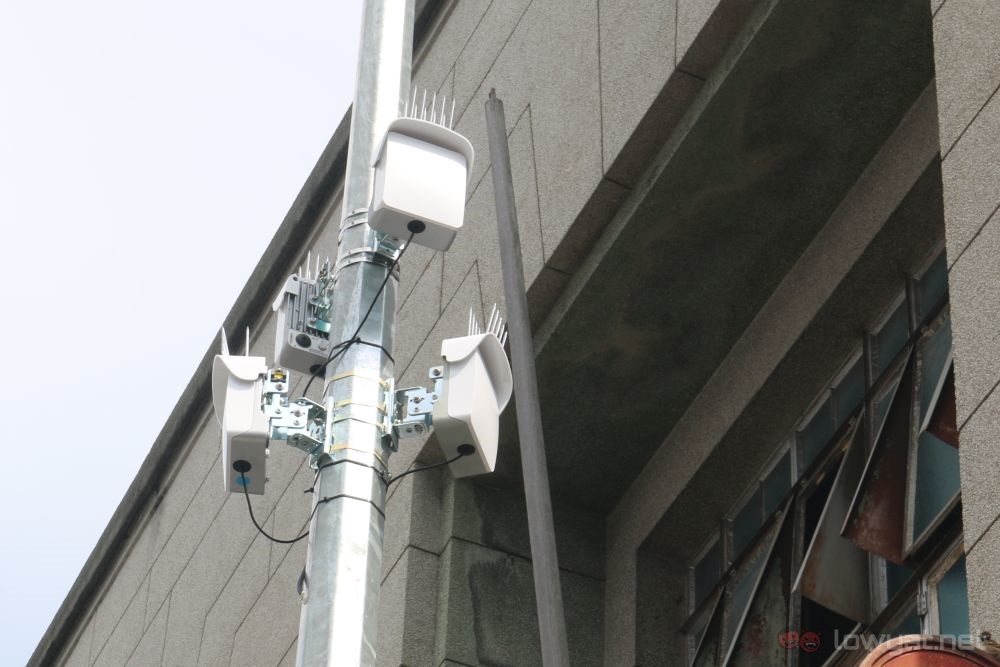Derived from the existing WiGig standards, YTL pointed out that the implementation of Terragraph is also less intrusive than fibre network which is crucial for Georgetown given its status as a UNESCO World Heritage city. This is due to the fact that Terragraph’s nodes can be installed on common street furniture such as street lights and signages.
To showcase Terragraph’s real-life network performance, YTL and Facebook ran a live speed test demo during the launch event today. During the demo, the Terragraph network in Georgetown managed to reach peak download speeds of 1.3Gbps alongside 1.7Gbps for uploads. Meanwhile, the on-ground Terragraph pilot test in Georgetown will take place over a period of six months starting from 1 March onwards. Among provisions that have been included in the test is a public WiFi network that will provide free high-speed Internet access within the test area.
YTL also stated that it is planning to utilize Terragraph as fixed wireless access too although no exact details regarding it were provided in the announcement today. As for the future of Terragraph in Malaysia beyond this initial six-month test including area expansion or commercial roll-out, the company said that it will depend on the result of this trial.

